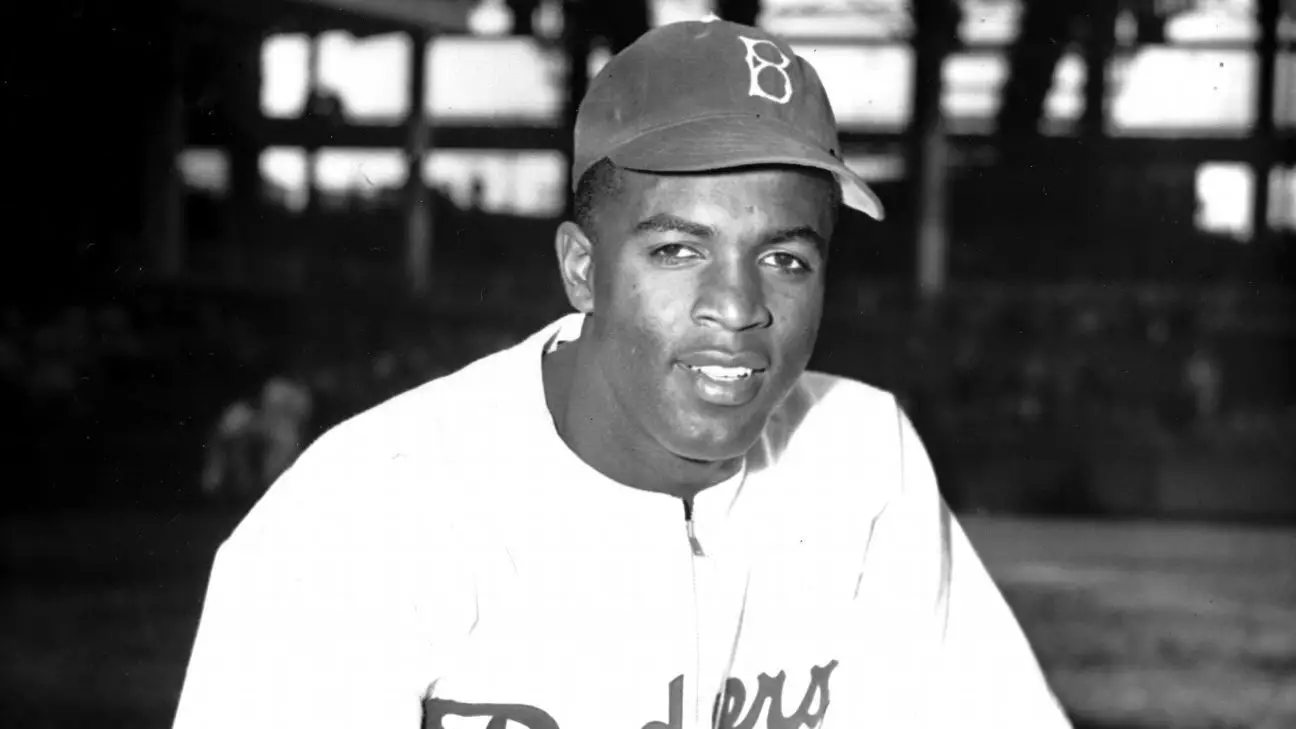Recently, an article detailing Jackie Robinson’s remarkable military service reappeared on the Department of Defense website—just a day after its controversial deletion. This incident appears to be more than a mere technical glitch; it reflects deeper tensions within the institution regarding how narratives surrounding diversity and inclusion are framed. The Department of Defense’s decision to delete various articles promoting Diversity, Equity, and Inclusion (DEI) following a directive for a “digital content refresh” raises crucial questions about historical representation and the ongoing battle over how diversity is seen within institutions traditionally resistant to change.
The Pentagon’s press secretary, John Ullyot, attempted to clarify the situation, asserting that the Department of Defense honors figures like Jackie Robinson not through the lens of various identities but based solely on service. This stance, though seemingly noble in its intent, reveals a problematic erasure of the very identities that shaped these heroes’ experiences and sacrifices. To frame Robinson’s legacy purely through patriotism diminishes the profound societal changes he embodied—changes rooted deeply in racial justice and equality.
A Dual Legacy: Military and Sports
Robinson’s military service was neither a footnote to his baseball career nor a separate entity disconnected from larger social struggles of his time. As a second lieutenant in the U.S. Army, he faced adversity and injustice that predated and mirrored his experiences in MLB. Court-martialed for resisting segregation within the military, Robinson’s story is as much about his bravery on the battlefield as it is about breaking the color barrier in baseball. His courage to refuse orders that violated his dignity illustrates a consistent commitment to justice—not just in sports, but in all facets of American life.
During World War II, Robinson served in the 761st Tank Battalion, known as the Black Panthers. This unit played a crucial role in combat, yet the challenges they faced extended beyond the battlefield, reflecting the battle against discrimination and inequality. Erasing or minimizing Robinson’s military experience—like the Pentagon’s transient deletion of the article—represents a larger narrative failure. It overlooks the integral role that military service has played if we are to contextualize the fight for civil rights. It serves as a stark reminder that the struggles for equity are often interwoven and never confined to a single arena.
Honoring Historical Figures with Nuance
Jackie Robinson’s legacy warrants an acknowledgment of the contexts that shaped not only his experiences in the military and sports but also the broader societal dynamics at play during his lifetime. When discussing figures like Robinson, the necessity for a nuanced portrayal is paramount. His story cannot simply be sanitized into patriotic heroism; it is crucial to recognize how race, societal expectations, and resistance converged in his life.
This narrative complexity is ignored when institutions like the Pentagon opt for a one-dimensional view of service. The assertion that DEI diminishes unit cohesion suggests a misunderstanding of the very roots of unity—one that thrives on embracing diversity rather than shunning it. By erasing DEI content and seeking to frame Robinson exclusively through a patriotic lens, we risk reducing rich histories into palatable, simplified stories that ignore the realities of racial disparities and the arduous struggle for justice.
A Call for Reflection and Engagement
As we reflect on the controversies surrounding the commemoration of figures like Jackie Robinson, it’s imperative that society engages with these narratives authentically. The reappearance of his military service article serves as a reminder: historical narratives are potent tools that shape our understanding of identity, equity, and American ideals.
Robinson’s story is not just a retrospective on sports; it is a call to safeguard our commitment to diversity and fight against the entrenched narratives of exclusion. The ambition to honor such figures should focus on a holistic view of their contributions—one that recognizes their race and context, rather than stripping them of those vital components to fit a political narrative. In the end, true honoring transcends mere recognition. It mandates embracing the complexities of the individuals who foster change, shaping a society that seeks justice, equality, and authentic connection among all its members.


Leave a Reply